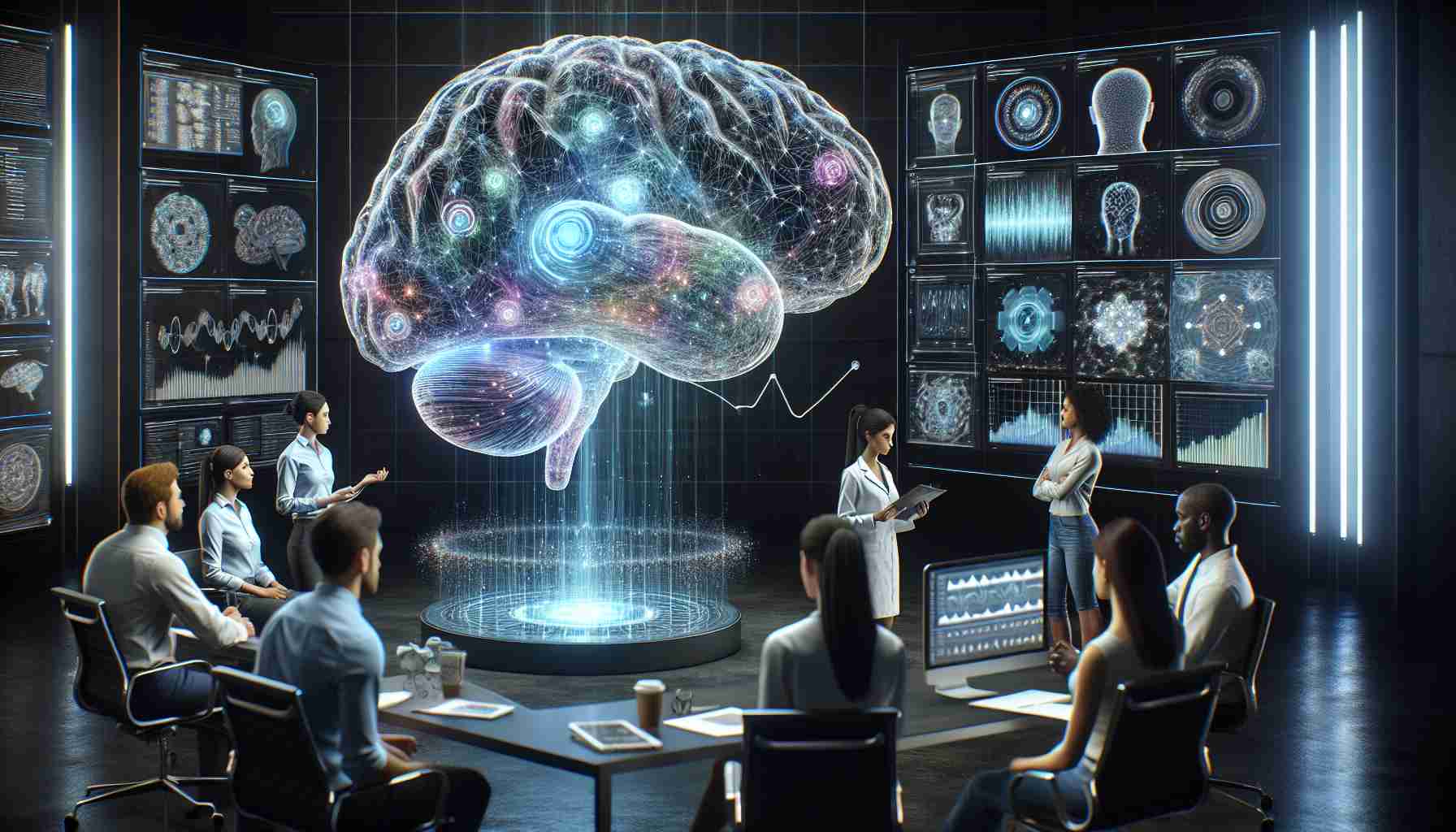At the recent Web Summit held in Doha, artificial intelligence (AI) was the hot topic of discussion among entrepreneurs, investors, and business leaders from around the world. While there is much excitement about the capabilities of AI, experts are increasingly concerned about the potential for these technologies to exacerbate existing inequities.
Ayo Tometi, co-creator of the Black Lives Matter movement, highlighted the risk of biases being programmed into AI technologies. She specifically mentioned the example of predictive policing tools, which have disproportionately affected people of color, particularly Black individuals, in the United States. These tools use location-based algorithms and personal data to predict crime, but they can perpetuate discrimination and stereotypes.
Tometi emphasized the need to address racism and bias within the criminal justice system before deploying these technologies. Faulty facial scans, for example, have led to wrongful arrests due to the algorithms’ inability to recognize diverse facial features. The normalization of bias and discrimination through AI technologies is a serious cause for concern.
In addition to amplifying biases, there is also a concern that AI technologies may widen the global digital divide. Alaa Abdulaal from the Digital Cooperation Organization in Saudi Arabia urged countries to become producers rather than consumers of AI in order to accelerate their development. Creating opportunities for upskilling and involving civil society organizations are essential to narrowing this divide.
Jihad Tayara, CEO of Evoteq, provided a counter perspective, stating that the consumption of AI worldwide is actually narrowing the digital divide. He highlighted the increased access to connectivity and the decreasing costs of cloud computing and storage services. However, he acknowledged that some nations still lag behind in AI production.
Overall, the potential of AI has captured the attention of countries worldwide due to its economic impact and geopolitical applications. Frank Long from Goldman Sachs highlighted the multilayered nature of the race to develop AI technologies, with various participants and competition at each layer of the stack.
As we embrace the possibilities of AI, it is crucial to address the concerns of inequity and the potential for these technologies to perpetuate biases. Striking a balance between innovation and ethical considerations will be key to ensuring a future where AI benefits all of society.
An FAQ Section:
Q: What was the hot topic of discussion at the recent Web Summit held in Doha?
A: The hot topic of discussion was artificial intelligence (AI).
Q: What are experts increasingly concerned about regarding AI technologies?
A: Experts are increasingly concerned about the potential for AI technologies to exacerbate existing inequities.
Q: What risk did Ayo Tometi, co-creator of the Black Lives Matter movement, highlight?
A: Ayo Tometi highlighted the risk of biases being programmed into AI technologies.
Q: What example did Tometi specifically mention?
A: Tometi specifically mentioned the example of predictive policing tools, which have disproportionately affected people of color, particularly Black individuals, in the United States.
Q: How do these predictive policing tools work?
A: These tools use location-based algorithms and personal data to predict crime.
Q: What is the concern regarding these tools?
A: The concern is that they can perpetuate discrimination and stereotypes.
Q: What did Tometi emphasize the need for before deploying these technologies?
A: Tometi emphasized the need to address racism and bias within the criminal justice system before deploying these technologies.
Q: What is an example of the faulty recognition capabilities of AI?
A: Faulty facial scans have led to wrongful arrests due to the algorithms’ inability to recognize diverse facial features.
Q: What is a concern regarding AI technologies and the digital divide?
A: There is a concern that AI technologies may widen the global digital divide.
Q: What did Alaa Abdulaal from the Digital Cooperation Organization in Saudi Arabia urge countries to do?
A: Abdulaal urged countries to become producers rather than consumers of AI in order to accelerate their development.
Q: What are two essential factors to narrow the digital divide?
A: Creating opportunities for upskilling and involving civil society organizations are essential to narrowing this divide.
Q: According to Jihad Tayara, is the consumption of AI narrowing the digital divide?
A: Yes, according to Jihad Tayara, the CEO of Evoteq, the consumption of AI worldwide is actually narrowing the digital divide.
Q: What reasons did Tayara provide to support his perspective?
A: Tayara highlighted the increased access to connectivity and the decreasing costs of cloud computing and storage services.
Q: What did Frank Long from Goldman Sachs highlight?
A: Frank Long highlighted the multilayered nature of the race to develop AI technologies, with various participants and competition at each layer of the stack.
Q: What is crucial when embracing the possibilities of AI?
A: It is crucial to address the concerns of inequity and the potential for these technologies to perpetuate biases.
Key Terms/Jargon:
– Artificial intelligence (AI): The simulation of human intelligence processes by machines, especially computer systems.
– Biases: Prejudices or unfair preferences that may be programmed into AI technologies.
– Predictive policing tools: Tools that use location-based algorithms and personal data to predict crime.
– Digital divide: The gap between individuals and communities that have access to digital technologies and those that do not.
– AI production: The development and creation of AI technologies.
Suggested Related Links:
– Web Summit (main domain link)
– Black Lives Matter (main domain link)
– Goldman Sachs (main domain link)
The source of the article is from the blog meltyfan.es

